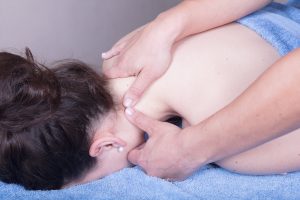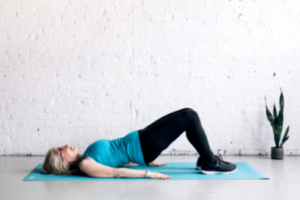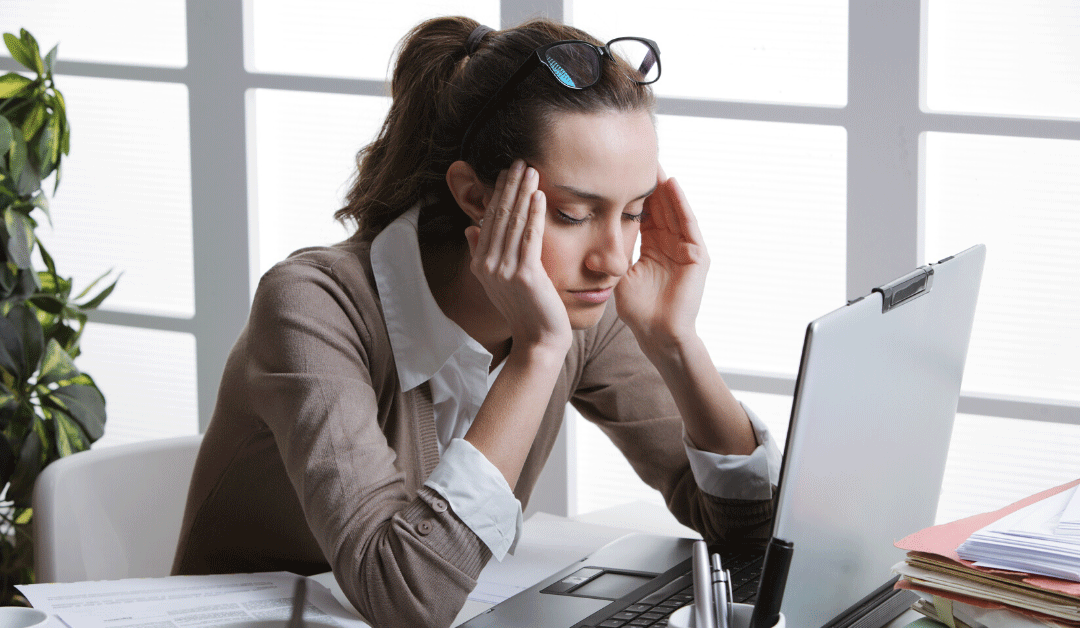As we start to prepare for our lives to go back into full swing with our busy work and school routine, some of you might be starting to feel anxious about the return of your old friend, stress. Or perhaps it never left, and has been in full force due to Covid-19…
Don’t worry we all feel stressed at some time or another, but it’s how we manage it, that can make all the difference!
Why Do We Get Stressed?
Stress is most often experienced when there is an imbalance between the demands being made on us and our resources to cope with those demands. The level and extent of stress a person may feel varies between different people. An event that may be extremely stressful for one person can be a mere hiccup in another person’s life.
Stress is not always a bad thing. Some people thrive on stress and even need it to get things done. When the term ‘stress’ is used in a clinical sense, it refers to a situation that causes discomfort and distress for a person and can lead to other mental health problems, such as anxiety and depression.
Stress may also contribute to physical illness such as cardiovascular disease. When stress turns into a serious illness, it is important to get professional help as soon as possible.
Headaches Caused By Stress
Headaches are more likely to occur when you’re stressed. Stress is a common trigger of tension-type headaches and migraine and can trigger other types of headaches or make them worse.
Headaches are one of the most common health conditions in Australia. Migraine & Headache Australia estimates that there are more than 6 million Australians affected by headache and migraine. Responding to the daily stresses in your life by tensing your muscles, grinding your teeth or stiffening your shoulders may only make your headaches worse.
Exercise for Stress
Regular exercise activity produces endorphins—chemicals in the brain that act as a natural painkiller—and also helps to improve the ability to sleep, which in turn reduces stress.
So regular exercise is a great way to manage stress and will help to eliminate or prevent your headaches too. Aim for at least 20 minutes of exercise 3 times a week. The exercise should be enough that it causes you to feel puffed afterwards – a casual walk on the way to work may not be enough to help your stress levels.
Relaxation Techniques
Relaxation techniques can reduce symptoms of stress, including headaches and can also cause your body to produce endorphins. Making time for pleasurable activities, such as listening to music, dancing, playing a sport, reading a book or playing with your pet can help.
In addition, you can practice these relaxation techniques:
- Pilates
- Meditation
- Acupuncture
- Massage therapy
- Yoga
- Tai chi
- Deep breathing
Other Tips To Avoid Stress
If you are feeling stressed consider some of these factors in your life and make positive changes:
- Avoid conflict – avoid situations that make you feel stressed such as unnecessary arguments and conflict.
- Relax – give yourself some time to relax each day and try to spend time with people who make you feel good about yourself.
- Eat well – a nutritious diet is important. Eat plenty of fresh fruit and vegetables and avoid sweet and fatty foods.
- Sleep – a good sleep routine is essential. If you have difficulty falling asleep, do something calm and relaxing before you go to bed like listening to music or reading.
- Enjoy your life – it’s important to make time to have some fun and to get a balance in your life.
If you are feeling stressed contact us at SPHC. Our Physiotherapists, massage therapists and acupuncturists can provide you with a natural, pain and drug-free treatment option for your stress and headache pain. To book contact us online, call 07 3869 1099 or email info@sphc.net.au.

